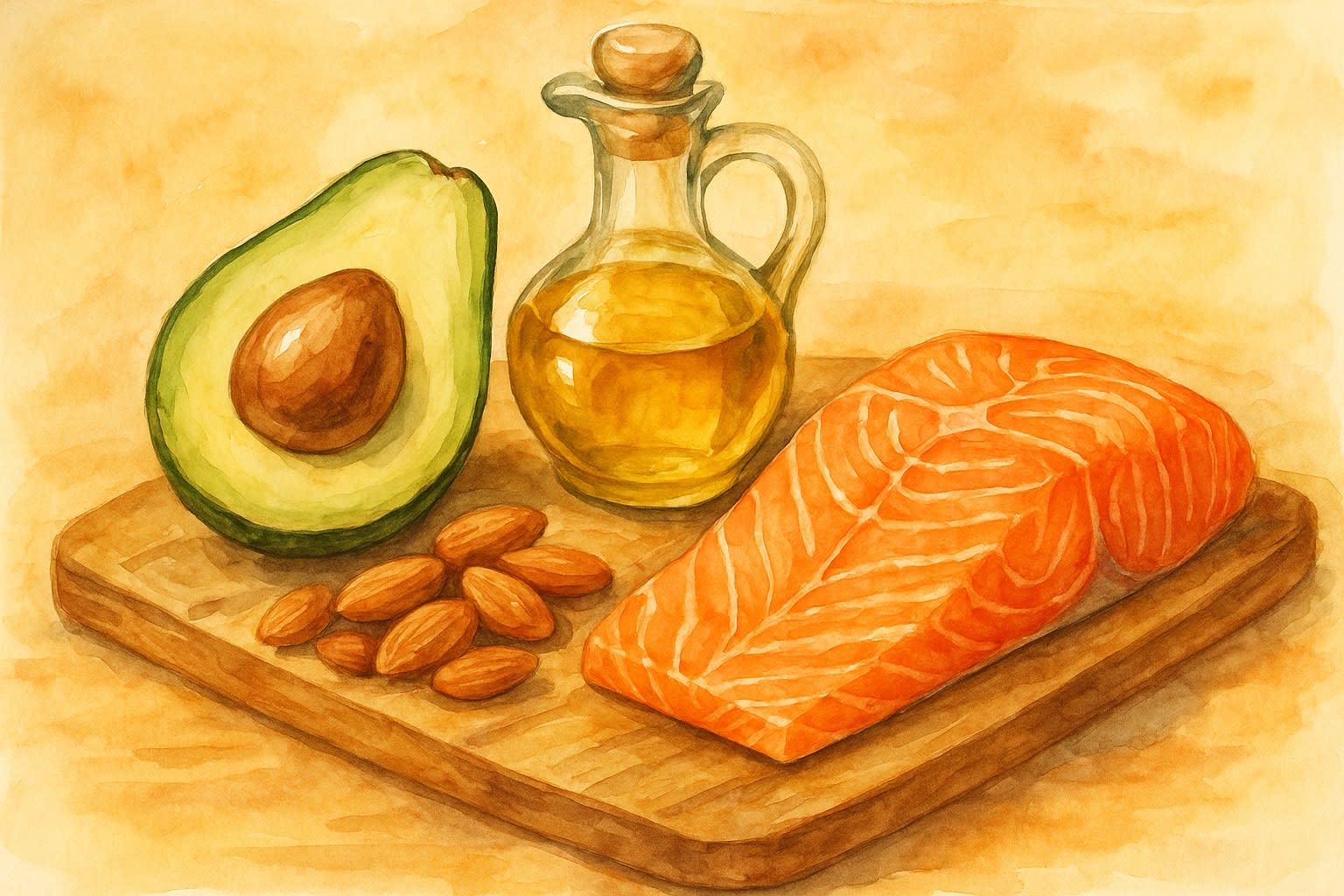What Are Macronutrients (Macros)?
When you hear athletes talk about “hitting their macros”, they’re referring to balancing the three main nutrients that fuel your body: carbohydrates, protein, and fat. These macronutrients provide the energy and building blocks you need not only to train effectively but also to recover and stay healthy. Understanding macros helps you make smarter choices about food, whether your goal is to improve running performance, support recovery, or manage weight.
Why Macronutrients Matter for Runners
Every kilometre you run relies on stored and consumed energy. That energy comes from the balance of carbs, protein, and fat in your diet. Too much of one and not enough of another can affect how you feel on long runs, how quickly you bounce back after a session, and even your risk of injury. By learning how macros work, you can adjust your intake to match your training load and personal goals.
The Three Macronutrients
Carbohydrates

Carbs are your body’s preferred source of fuel, especially during higher intensity training. They break down into glucose, which your muscles store as glycogen. During runs, particularly intervals and races, glycogen is the first energy source your body taps into. Without enough carbohydrate intake, you may experience fatigue, reduced pace, or the dreaded “hitting the wall”.
For runners, carbs are essential not just for training performance but also for supporting recovery and replenishing glycogen stores. You can read more about what to eat before and after running on our site.
Protein

Protein often gets associated with strength training, but it’s equally important for endurance athletes. It provides the amino acids your body uses to repair and rebuild muscle tissue. After long runs or hard workouts, protein intake helps limit soreness and supports adaptation so you get stronger and faster over time.
Aim to include protein consistently throughout the day rather than saving it all for one meal. This steady supply ensures your muscles always have the resources they need to repair. Our running plan generator even encourages you to consider recovery alongside training volume, and protein is a huge part of that equation.
Fat

Dietary fat is often misunderstood. While carbs and protein dominate training talk, fat is a crucial macronutrient that provides long-lasting energy, supports hormone function, and helps your body absorb fat-soluble vitamins. For runners tackling longer distances, fat becomes increasingly important as your body learns to rely on it during steady-state efforts once glycogen starts to deplete.
Healthy fats from sources like olive oil, nuts, seeds, and oily fish contribute to cardiovascular health and help sustain energy across longer runs. You can dive deeper into this topic in our article on fat intake for runners.
How to Balance Your Macros
The right balance of macros varies depending on your training goals, weekly mileage, and overall health. A runner training for a marathon may need a higher proportion of carbohydrates compared with someone focusing on shorter runs or weight loss. Protein requirements are influenced by both training intensity and body weight, while fat intake needs to remain sufficient to support health and energy.
Rather than sticking to a one-size-fits-all plan, it’s useful to calculate your macros based on your specific needs. This ensures your nutrition matches your running volume and personal targets.
Practical Examples of Macronutrient Ratios
Here are a few broad examples of how macros might be distributed:
- General endurance training: 50–60% carbs, 20–25% protein, 20–30% fat
- High-volume marathon prep: 60–70% carbs, 15–20% protein, 20–25% fat
- Focus on fat loss with moderate running: 40–50% carbs, 25–30% protein, 25–30% fat
These ratios are guidelines, not strict rules. You’ll need to adjust depending on how your body responds. Some runners feel energised on slightly higher fat intake, while others rely heavily on carbs to keep pace. Listening to your body and monitoring performance in training are the best ways to fine-tune your macro balance.
Macronutrients and Recovery
Macros don’t just fuel your runs – they shape how well you recover. Carbs help replenish glycogen, protein repairs muscle tissue, and fats reduce inflammation. A balanced post-run meal might look like this: wholegrain rice or pasta for carbs, grilled chicken or lentils for protein, and a drizzle of olive oil or a handful of nuts for healthy fat. By combining all three, you support energy restoration, muscle repair, and long-term resilience.
FAQs on Macronutrients
Do runners need more carbs than the average person?
Yes. Because running depletes glycogen stores, runners generally need more carbohydrates than sedentary individuals. The exact amount depends on your training load.
Can I run on a low-carb diet?
It’s possible, but most runners will struggle to maintain high-intensity training without adequate carbs. Low-carb approaches can work for certain goals, but they often come at the cost of peak performance.
Is protein powder necessary for runners?
No, but it can be convenient. Whole food sources are ideal, yet powders make it easier to meet protein needs around training when you don’t have time to prepare a meal.
How do macros affect weight management?
Your calorie balance determines weight change, but macros influence how you feel, recover, and perform. For instance, higher protein supports satiety, while sufficient carbs keep training effective.
Next Steps
Learning about macronutrients gives you a solid foundation for building a nutrition strategy that supports both daily living and training performance. Once you know how much of each macro your body needs, you can start tailoring meals to your goals. Try our Macro Calculator to see what balance works best for you, and explore our other tools like the Pace Calculator or Running Plan Generator to tie your nutrition directly to your training.
